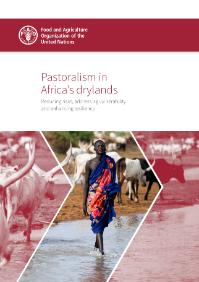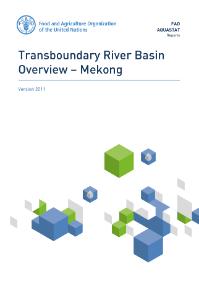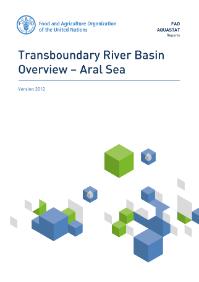Focal point
Location
The Food and Agriculture Organization of the United Nations leads international efforts to defeat hunger. Serving both developed and developing countries, FAO acts as a neutral forum where all nations meet as equals to negotiate agreements and debate policy. FAO is also a source of knowledge and information. We help developing countries and countries in transition modernize and improve agriculture, forestry and fisheries practices and ensure good nutrition for all. Since our founding in 1945, we have focused special attention on developing rural areas, home to 70 percent of the world's poor and hungry people.
Members:
Resources
Displaying 251 - 255 of 5074Pastoralism in Africa’s drylands
Pastoral livestock production is crucial to the livelihoods and the economy of Africa’s semiarid regions. It developed 7,000 years ago in response to long-tern climate change. It spread throughout Northern Africa as an adaptation to the rapidly changing and increasingly unpredictable arid climate. It is practiced in an area representing 43% of Africa’s land mass in the different regions of Africa, and in some regions it represents the dominant livelihoods system.
Rapid woodfuel assessment 2017 baseline for the area around the city of Goré, Chad
The two waves of refugees from the Central African Republic has provoked one of the most severe humanitarian crises in Central Africa and in the South of Chad. The different camps around the city of Goré host a population of more than 90 000 individuals of which 35% are refugees, 21% are repatriates and 44% are autochthones. This population is dependent on woodfuel for cooking, heating and lighting. This has increased pressure on the environment due to tree felling, wood collection and the conversion of forestland to agricultural land.
Transboundary River Basin Overview – Mekong
This river basin overview describes the state of the water resources and water use, as well as the state of agricultural water management in the Mekong basin. The aim of this report is to describe the particularities of this transboundary river basin and the problems met in the development of the water resources, and irrigation in particular. Irrigation trends, existing policies and legislation to water use in agriculture, possible treaties and agreements between countries as well as prospects for water management in agriculture are presented, as described in literature.
Transboundary River Basin Overview – Aral Sea
This river basin overview describes the state of the water resources and water use, as well as the state of agricultural water management in the Aral Sea basin. The aim of this report is to describe the particularities of this transboundary river basin and the problems met in the development of the water resources, and irrigation in particular. Irrigation trends, existing policies and legislation to water use in agriculture, possible treaties and agreements between countries as well as prospects for water management in agriculture are presented, as described in literature.
Carbone organique du sol - une richesse invisible
Cette publication a été lancée lors du colloque international sur le carbone organique du sol (GSOC) qui s’est tenu au siège de la FAO (Rome, 21-23 mars 2017). Pour les preneurs de décisions et les praticiens, il offre une vue d’ensemble sur les principaux faits et informations scientifiques concernant les connaissances actuelles et les lacunes de savoirs sur le carbone organique du sol.











